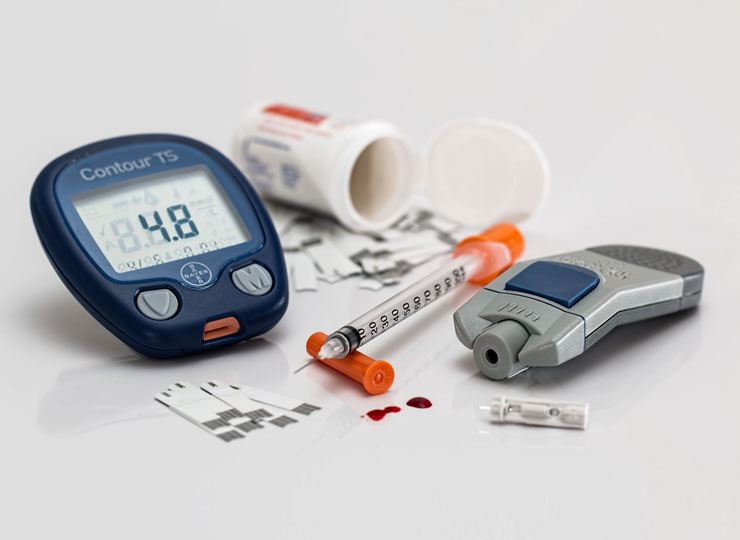
February 21, 2019
Older people with high blood pressure who got intensive treatment to lower their blood pressure were at lower risk of developing memory problems that can lead to dementia, a new study found. The findings suggest that aggressive treatment to lower blood pressure may not only help prevent heart attacks and stroke, but also may have benefits for the brain.
For the study, called SPRINT MIND, researchers looked at more than 9,000 men and women 50 and older with hypertension. All had a systolic blood pressure, the top number in a blood pressure reading, in the range of 130 to 180. A blood pressure of 120/80 is generally considered healthy.
None of the participants had Alzheimer’s disease or other forms of dementia or serious memory problems at the start of the study, in 2010. They also were free of diabetes, and none had had a stroke.
The study participants were randomly divided into two groups. One group got standard blood pressure treatment, using a variety of medications to lower their blood pressure to under 140. The others got intensive treatment involving higher doses and various medications that sought to get their top blood pressure number below 120.
The researchers found that intensive blood pressure lowering reduced the risk of mild cognitive impairment, or MCI, a brain condition that causes memory and thinking problems. In many cases, people with mild cognitive impairment go on to develop Alzheimer’s disease or other form of dementia.
Over the next seven to eight years, 287 people receiving intensive treatment developed mild cognitive impairment. That compared with 353 people in the standard treatment group. That works out to a 19 percent reduction in the risk of developing MCI, the authors note. The results were dramatic enough that in 2015, the researchers put all the participants on an intensive blood pressure treatment plan.
Fewer people developed dementia in the intensive group than in those receiving standard care, though the difference was not statistically significant. But the trial is continuing to see if intensive treatment might lower dementia risk as well.
“We still have yet to find an intervention strategy proven to reduce the risk of dementia,” said Dr. Richard J. Hodes, director of the National Institute on Aging, which helped fund the research. “Nevertheless, the secondary results showing that intensive lowering of blood pressure may reduce risk for MCI, a known risk factor for dementia, gives us additional avenues to explore on the path to prevention.”
The authors noted that there currently are no proven interventions that prevent or delay the incidence of MCI or dementia. People should consult with their doctors to decide the best blood pressure goals for themselves and to determine how to reach those goals. Treatment might include lifestyle changes such as a heart-healthy diet and exercise, or a combination of lifestyle medications and medications.
“This study is in line with where the field of dementia research is going: preventing memory loss earlier,” said Laurie Ryan of the NIA. “Much like we have research-based interventions for heart health and cancer prevention, we hope to have guidance based on this and subsequent studies that will more definitively show how to slow or even stop dementia well before symptoms appear.” The findings were published in JAMA.
By www.ALZinfo.org, The Alzheimer’s Information Site. Reviewed by Marc Flajolet, Ph.D., Fisher Center for Alzheimer’s Research Foundation at The Rockefeller University.
Source: SPRINT MIND Investigators: “Effect of Intensive vs Standard Blood Pressure Control on Probable Dementia: A Randomized Clinical Trial.” JAMA. Jan. 28, 2019











